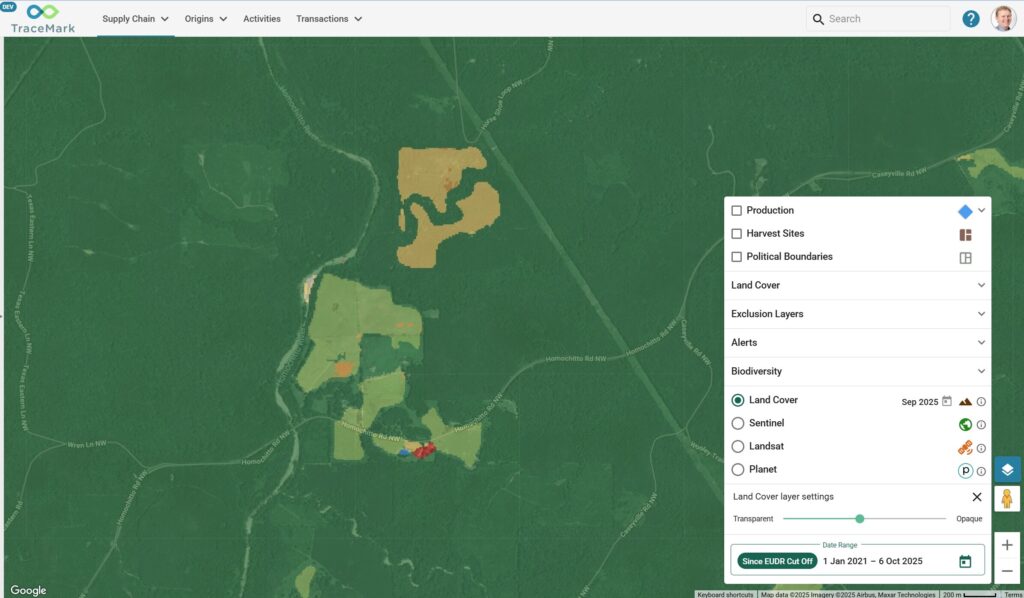Will your Google Maps application stop working?

The new Google Maps Platform is going to cause many applications that were coded before 2017 to stop functioning as Google tighten its rules about responding to unkeyed requests to the API.
Changes to Google Maps are happening between June 11 and August 11, 2018 that will see keyless requests to the APIs start to fail. Between those dates, developers will receive warnings and will start to see degradation of the results that are returned by the API. From August 12, 2018 any keyless request will not receive a response.
A keyless request is one that does not contain the API key provided by Google’s Developer Console. If you are an existing Premium Plan client and have a client id (e.g. gme-clientname) this will be automatically mapped to the new API keys that Google’s servers will be expecting so no code changes will be necessary until you migrate to Google Maps Platform.
What can you do to prevent disruptions?
If you have access to the code of your application or your developers are on hand, you can check your code has a valid API key installed in it. If you are unsure about how to do this, NGIS is on hand to provide health checks on applications. A health check will provide guidance on where your API calls are not supported so you can guage risk when the changes take place and prepare for them.
If you’d like to find out more about how to ascertain your calls, give NGIS a call or send us a message. Alternatively head to Google Developers and use their help files to guide you through the process.
Related Articles
Here are more related articles you may be interested in.







